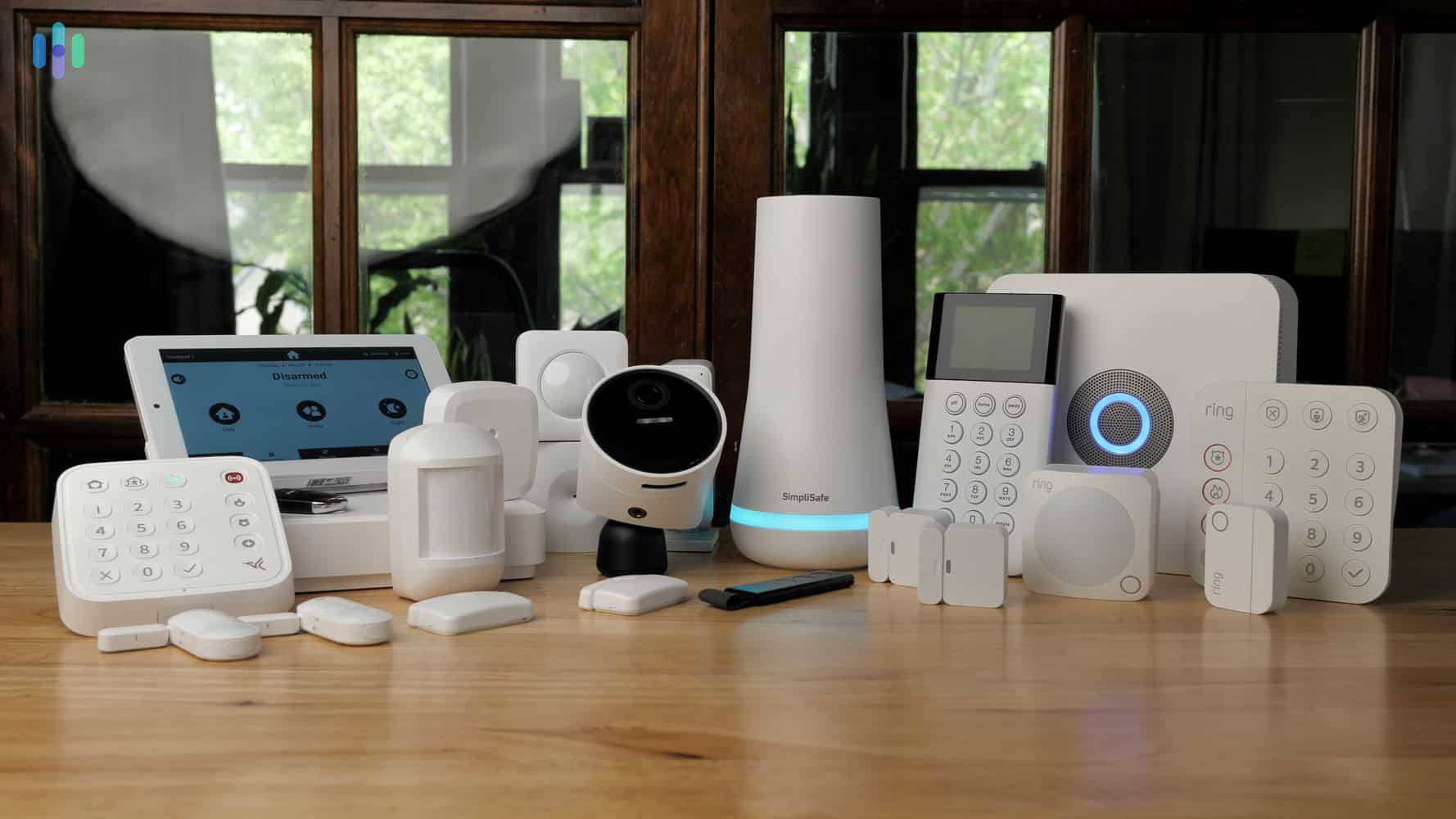In today’s world, ensuring the safety and security of your home and loved ones is paramount. With advancements in technology, traditional security measures are evolving, giving rise to sophisticated and user-friendly solutions. A smart home security system offers a comprehensive approach to protecting your property, providing not only intrusion detection but also environmental monitoring and remote control capabilities. Choosing the right system can seem daunting, but understanding the features and benefits of a smart home security system can empower you to make an informed decision and create a safer, more secure living environment.
Understanding Smart Home Security Systems
Smart home security systems go beyond simple alarms and motion detectors. They integrate various components to create a seamless and responsive security network. These systems typically include:
- Control Panel: The central hub that connects all devices and allows you to manage the system.
- Door and Window Sensors: Detect unauthorized entry points.
- Motion Detectors: Identify movement inside or outside the home.
- Security Cameras: Provide visual surveillance of your property.
- Smart Locks: Allow you to remotely lock and unlock doors.
- Environmental Sensors: Monitor for smoke, carbon monoxide, and water leaks.
These components communicate wirelessly and can be controlled through a smartphone app or web interface. This allows you to arm and disarm the system, view live camera feeds, receive alerts, and even control smart locks from anywhere in the world.
Benefits of a Smart Home Security System
Smart home security systems offer numerous advantages over traditional security systems. These benefits include:
- Remote Monitoring and Control: Arm and disarm your system, view camera feeds, and control smart locks from anywhere with an internet connection.
- Real-Time Alerts: Receive instant notifications on your smartphone when a sensor is triggered or an alarm is activated.
- Enhanced Security: Integrate with smart home devices like lights and thermostats to create the illusion of occupancy and deter potential intruders.
- Environmental Monitoring: Protect your home from hazards like fire, carbon monoxide, and water damage with environmental sensors.
- Professional Monitoring Options: Some systems offer professional monitoring services, where trained personnel will respond to alarms and dispatch emergency services if needed.
Choosing the Right System for Your Needs
Selecting the best smart home security system requires careful consideration of your individual needs and budget. Consider the following factors:
- Home Size and Layout: Determine the number of sensors and cameras needed to adequately cover your property.
- Budget: Smart home security systems range in price from basic DIY kits to professionally installed and monitored systems.
- Features: Identify the features that are most important to you, such as remote monitoring, environmental monitoring, or professional monitoring.
- Compatibility: Ensure the system is compatible with your existing smart home devices and platform.
- Ease of Use: Choose a system that is easy to install, configure, and use.
The market offers a wide array of choices, so researching different brands and reading reviews is crucial. Consider whether you prefer a DIY system that you can install yourself or a professionally installed system that offers more comprehensive support. Think about what kind of monitoring you want; do you want to self-monitor, or pay for a professional service?
DIY vs. Professionally Installed Systems
The choice between a DIY and professionally installed system depends on your technical skills and comfort level. DIY systems are typically more affordable and offer greater flexibility, while professionally installed systems provide expert installation and ongoing support.
FAQ: Smart Home Security Systems
Here are some frequently asked questions about smart home security systems:
- Q: Are smart home security systems easy to install?
- A: Many DIY systems are designed for easy installation, with step-by-step instructions and video tutorials.
- Q: Can I monitor my system myself?
- A: Yes, most systems allow you to self-monitor through a smartphone app or web interface.
- Q: What happens if the power goes out?
- A: Most systems have battery backup to ensure they continue to function during a power outage.
- Q: Are smart home security systems expensive?
- A: The cost varies depending on the features and monitoring options you choose;
Ultimately, investing in a smart home security system is an investment in peace of mind. By carefully considering your needs and choosing the right system, you can create a safer and more secure home environment for yourself and your family.

